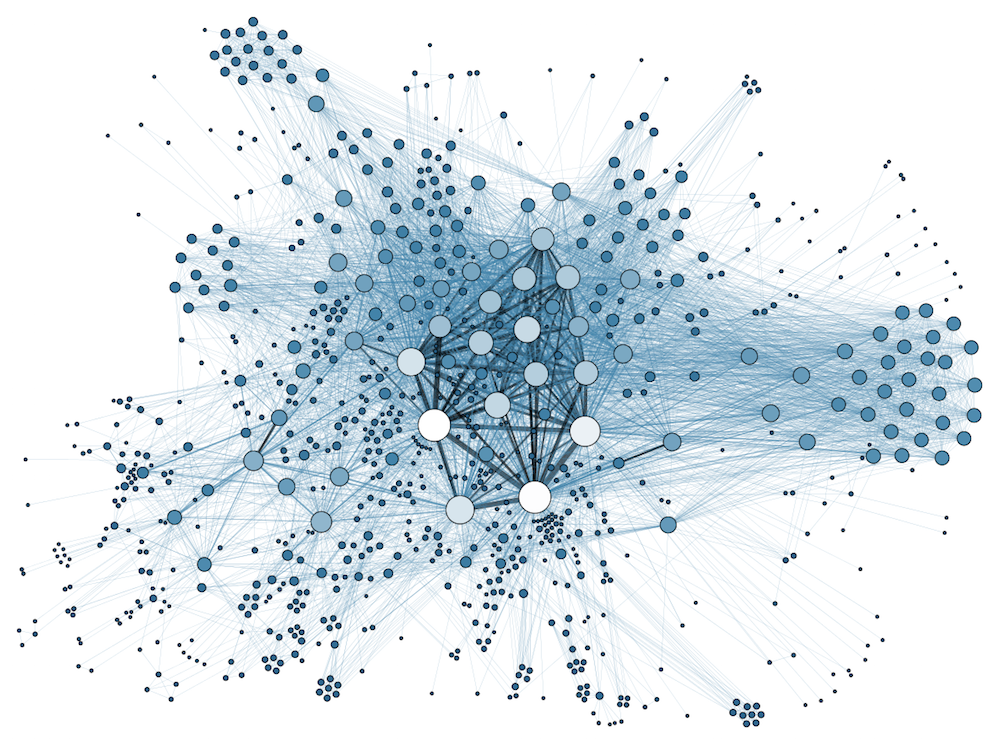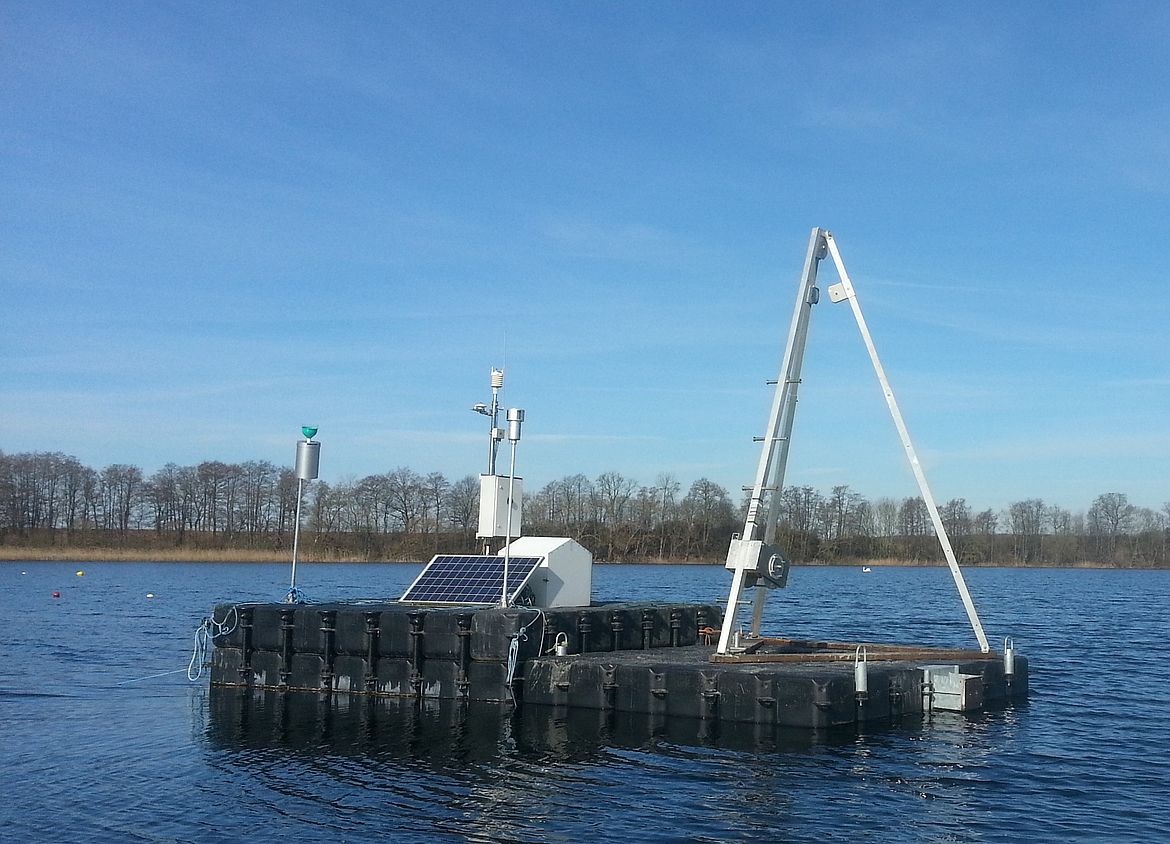
Welcome to VARDA
The Varved Sediments Database (VARDA) provides standardized proxy records from annually resolved lake archives. All proxy records offer full quantification of age-uncertainty from state of the art age-depth modeling routines. The database can be downloaded at GFZ Data Services or browsed here. VARDA is a service provided by the Helmholtz Centre Potsdam German Research Centre for Geosciences (GFZ) and is funded by the PalMod initiative.
PalMod — Paleo Modeling
PalMod is funded by the German Federal Ministry of Education and Science (BMBF) to examine climate system dynamics and variability during the last glacial cycle. One key aspect is to identify and quantify the relative contributions of the fundamental processes that determined the Earth’s climate trajectory and variability during the last glacial cycle. Using comprehensive Earth System Models (ESM) this consortium aims at simulating the climate from the peak of the last interglacial (the Eemian warm period) up to the present, including its changing variability. The research will assess possible future climate trajectories beyond this century with sophisticated ESMs tested this way.
GFZ — Climate Dynamics and Landscape Evolution
We investigate climate change in the geological and historical past and its impacts on the human habitat as well as past changes in the Earth’s magnetic field. A primary concern of our research are particularly rapid climate changes that occurred within a few years or decades. Therefore, we exploit high-resolution terrestrial geo-archives such as annually laminated (varved) lake sediments and tree rings. A crucial part of our approach is to date our archives precisely and accurately as an important basis for reliable reconstructions of changes in the past.VARDA (version 1.4.2) update notes18. September 2023
Tephra chemistry datasets and lake metadata were revised according to the reviewer's comments on Beckett et al. (Preprint /discussion) to improve the reusability of the data. We would like to thank the reviewers for the valuable feedback and hope we have covered all requested changes.
The updates include:
- Replaced dataset property "standard" by three properties "secondaryStandard" (Name and short reference), "secondaryStandardReference1" (URL/DOI) and "secondaryStandardReference2" (URL/DOI)
- Added new property "calibrationCurve" to individual samples as information on which calibration curve the given age was calibrated
- Added new property "sedimentType" to distinguish between varved and non-varved lake sediments as non-varved sediment archives are being added to the database gradually
- Revised dataset URLs
- Adjustments of web interface and CSV export function
VARDA (version 1.4.1) update notes18. April 2023
In this update we added a total of 37 proxy datasets (18 stable isotope records and 19 tephra chemistry records) and further improved the website functionality.
The improvements include:
- Category filter in the database view
- Table sorting in the database detail view
- Extended dataset descriptions
- Sample resolution now given as mean sample interval time
- Improvements in the CSV dataset export
Memorandum of understanding with PAGES Varve WG24. March 2022
We are happy to announce that further developments of VARDA are now supported by the PAGES Varve Working Group. The cooperation will include a data stewardship agreement and a joint effort to improve the quality of the database.
New datasets added03. September 2021
Thanks to the efforts of Celia Martin-Puertas et al. 2021 a varve chronology and radiocarbon data from lake Diss Mere (UK) are now available on our platform.
New datasets added16. November 2020
Thanks to the efforts of Alicja Bonk et al. 2020 and Daniela Müller et al. 2020, varve chronologies, varve thickness and radiocarbon data from lake Gosciaz (Poland) are now available on our platform.
About our project27. October 2020
Cécile Blanchet has published an article on her personal website that gives a brief description of our ongoing project.
Article published on ESSD25. September 2020
We’re pleased to announce the final release of our article in the data publishing journal Earth System Science Data (ESSD). In this paper, we report in detail on our data mining and compilation strategies, the software design and the provided datasets effective by 26. July 2020.
New datasets added11. June 2020
Thanks to the efforts of Julia Kalanke et al. 2020, varve chronologies, varve thickness and 14C datasets from lake Chatyr Kol (Kyrgyzstan) are now available on our platform.
Released version 1.0.022. November 2019
This version enables open access to the compiled datasets, including varve chronologies, varve thickness records, tephra layers and radiocarbon measurements. More paleoclimate proxies will be integrated in future updates. We will keep you posted about further additions and developments here, on this page.
Application features provided:
- Index and map locations of varved lakes
- Search filters: continent, country, lake, age, tephra
- Detailed view of lakes and datasets
- Simple form for contacting the team
Compiled datasets included:
- Radiocarbon dating: 96
- Tephra layers: 45
- Varve chronologies: 64
- Varve thickness records: 50
- Total datasets: 255
- Sampled lakes: 89